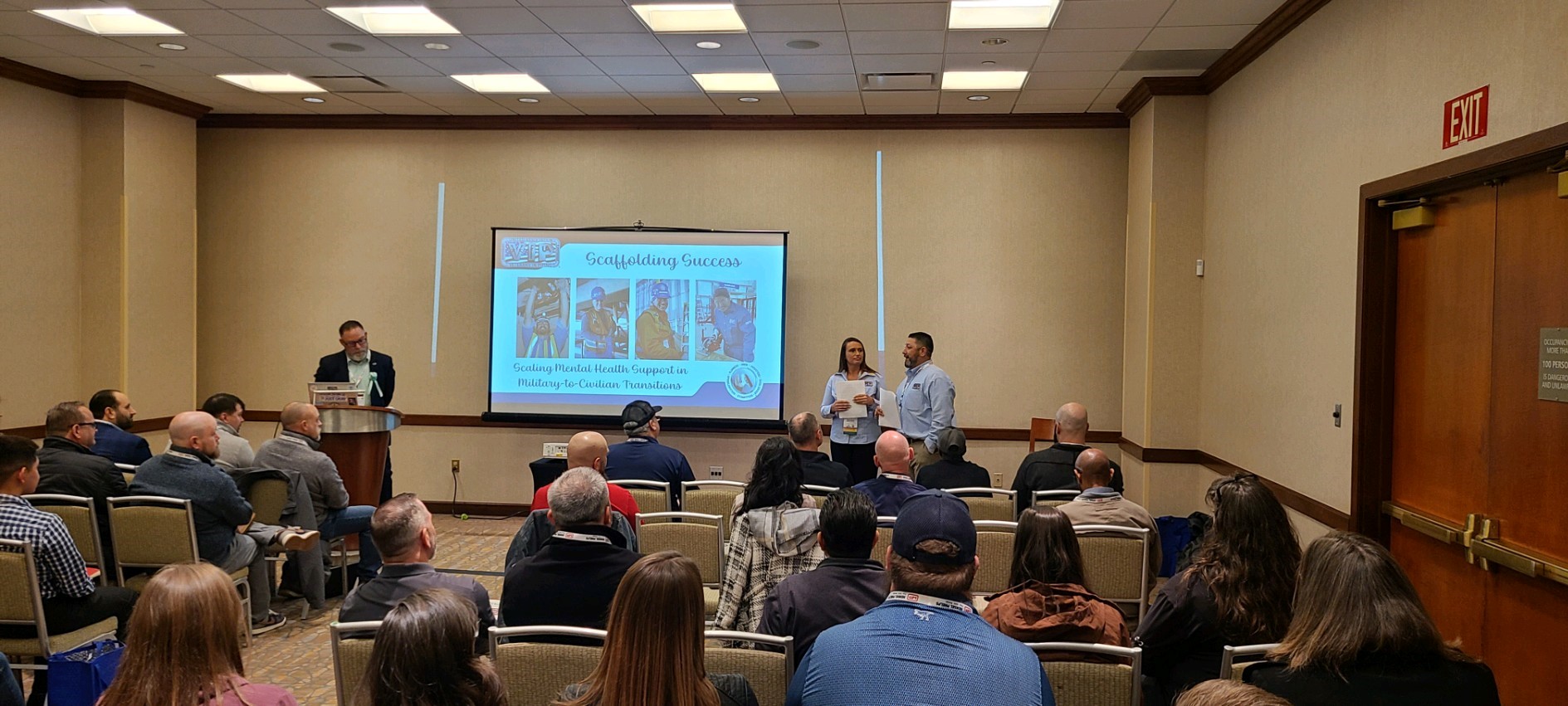
The Construction Working Minds Summit kicked off on Feb. 28. Hundreds of individuals in the construction industry gathered in Kansas City to listen to experts talk about personal mental health battles and ways to promote suicide prevention.
Instructors from the United Association Veterans in Piping program held a break-out panel that addressed the physical and environmental root causes for mental health challenges experienced in military-to-civilian transitions.
Mike Hazard, UA VIP Program Manager, began the panel by talking about his personal career journey and how he had no help after leaving the military.
“My military service was an excellent experience, and I loved the tight community that I belonged to while I served,” Hazard said. “Once I let it be known that I planned to transition out of the Navy, I was kicked to the curb with no real guidance.”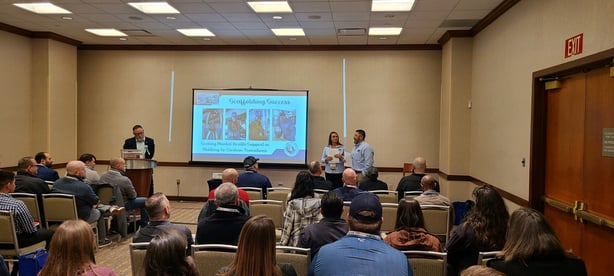
Now a UA member for 24 years, Hazard said his military service prepared him for a career in the trades and he feels it is a great fit for many transitioning military members.
“Unfortunately, we have experienced losses to suicide within our program,” Hazard said. “These losses pushed us to seek outside help, which set us on a path to adopt a more holistic approach to our training.”
Five years ago, Hazard met Dr. Sally Spencer-Thomas at a suicide prevention training called Working Minds, now known as VitalCog and left with the knowledge, confidence and skills necessary to help someone in need.
Just two weeks later, Hazard’s skills were put to the test and he was able to help a friend who called him in a time of need.
After having a meeting with the UA VIP instructors about his experience with Dr. Sally, he asked the instructors if they were interested in receiving the same training.
Every single trainer said yes, and so began VIP’s mission of creating the UA VIP Member Assistance Program (MAP).
Mental health support in military-to-civilian transitions
At the Construction Working Minds Summit, Hazard introduced Rachel LaBlance, UA VIP welding instructor at Camp Lejeune and Jose Ballejo, UA VIP welding instructor at Fort Carson, to the crowd.
The instructors discussed several different obstacles military service members face during their transition to civilian life. The first topic was the most common risk factors that contribute to mental health challenges.
LaBlance said money can be a big risk factor and not knowing how you are going to support yourself can be really damaging to your mental health.
Ballejo said not knowing where you’re going to be working can cause many mental health challenges.
“The lack of employment is a huge stress factor,” he said. “Nothing is guaranteed and after you transition from the military, and it’s up to you to figure it out regardless of the number of years you have in service.”
Several veterans in the audience contributed to the discussion and said lack of qualifications was a big factor for them.
“It is startling to give 23 years to something and leave not being qualified enough to find a job,” an audience member said.
Many members in the audience agreed that after they transitioned out of the military, they discovered the only jobs they were qualified to apply for were a police officer or a janitor.
The second question opened up a discussion about the physical and environmental challenges military members faced during their transition out of the military.
“I was unsure if I was making the correct move,” LaBlance said. “Fortunately, I found the VIP program.”
LaBlance said the VIP instructors were understanding and helpful throughout her transition from the Marines, which contributed to her success in the VIP program. In fact, she earned the most welding certifications out of everyone in her class.
Many audience members participated in the discussion, shared the obstacles they faced during their transition, and said they would have had a much easier transition if they had a program like the UA VIP program.
UA VIP MAP
The next question was about the importance of the UA VIP Member Assistance Program (VIP MAP) and how it changed the way instructors work with their students.
The VIP MAP provides access to a plethora of resources to individuals struggling with mental health challenges. VIP MAP helps instructors recognize if someone is struggling in the classroom and in their day-to-day lives.
Ballejo described the “macho man” mentality he used to have during his time in the Army and how the UA VIP program and MAP training helped him realize asking for help is OK.
“If a student was having a bad day I would say he needs to suck it up and get over it,” he said. “Then I started the VIP MAP training with Dr. Sally and it changed everything.”
Ballejo said he realized he was wrong, and learned it was OK to talk about feelings and seek help.
“Now when I see a student is acting differently and not like his usual self, I ask if he’s okay and I use the tools we have learned to find him the resources he needs,” he added.
VIP MAP training has opened the door to conversations about mental health. VIP Instructors regularly incorporate toolbox talks to address topics like prioritizing sleep, practicing gratitude and masked depression.
These topics not only can affect individuals on the jobsite but also in their daily lives.
Another tool used to normalize conversations is a 988 chip. At the beginning of a new class, each student is given a 988 chip. If a student is struggling at any point during the VIP program they are welcome to give the chip to one of their instructors to make them aware that they would like to have a private conversation. This allows the student to reach out for help without everyone else in the class knowing about it. Instructors will then provide a safe place to listen and be a bridge to resources the student may need.
The MAP training has allowed VIP instructors to recognize signs of mental illness, how to talk to struggling students and how to get the students the help that they need.
LaBlance explained working upstream, talking about suicide and mental health before it becomes an issue. It is important, because many times when someone dies by suicide, there are no outward signs of a struggle.
“By working upstream through Toolbox Talks, 988 chips, signage or creating a help-giving, help-seeking working environment, we let people know that we care and that we are someone safe that they can come to for help,” she said.
UA VIP’s goal is to spread awareness and MAP training across the entire UA.
“We will help any trade that wants to start a program like this,” Hazard said. “We believe it is our duty to give people the resources they need.”
.jpeg?width=638&height=359&name=20240316-SAVE-THE-DATE-Construction-Working-Minds-Summit-2025-(2).jpeg)


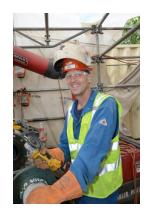



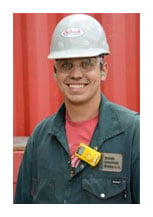



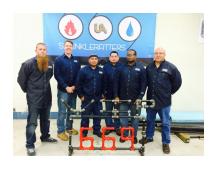

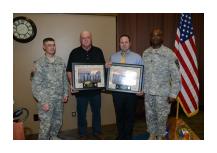



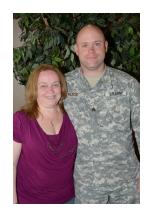

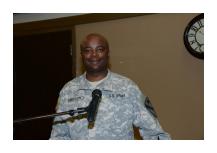

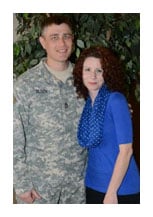




Comments